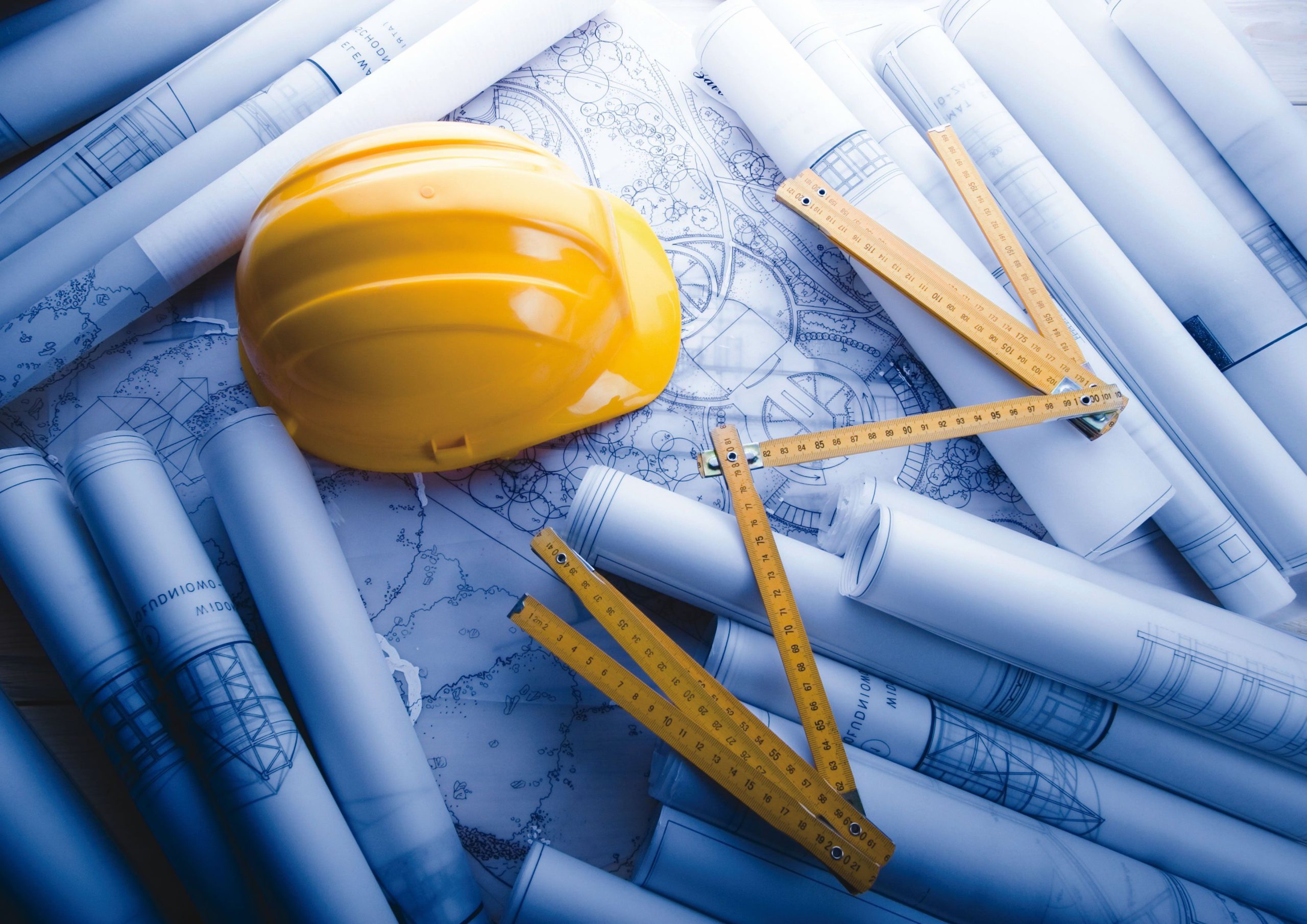
As wealth and expressive functions increase, a special type of domestic building can be distinguished that may be called power architecture. In almost every civilization the pattern of society gives to a few of its members the power to utilize the resources of the community in the construction of their homes, palaces, villas, gardens, and places of recreation. These few, whose advantages usually arise from economic, religious, or class distinctions, are able to enjoy an infinite variety of domestic activities connected with the mores of their position. These can include even communal functions: the palace of the Flavian emperors in ancient Rome incorporated the activities of the state and the judicial system; the palace of Versailles, a whole city in itself, provided the
necessities and luxuries of life for several thousand persons of all classes and was the centre of government for the empire of Louis XIV. Power architecture may have a complex expressive function, too, since the symbolizing of power by elegance or display is a responsibility or a necessity (and often a fault) of the powerful. Since this function usually is sought not so much to delight the patrons as to demonstrate their social position to others, power architecture becomes communal as well as domestic. In democracies such as ancient Greece and in the modern Western world, this show of power may have been more reserved, but it is still distinguishable.

We are driven by values


Super Efficient
what is capable of producing desired results without wasting materials, time, or energy. While the word can be applied to both people and things, it is far more commonly applied to things, such as machines, systems, processes, and organizations.

Deeply Committed
a strong sense of intention and focus. It typically is accompanied by a statement of purpose or a plan of action.

Highly Skilled
adept, expert, proficient, and skillful. While all these words mean “having great knowledge and experience in a trade or profession,” skilled stresses mastery of technique.